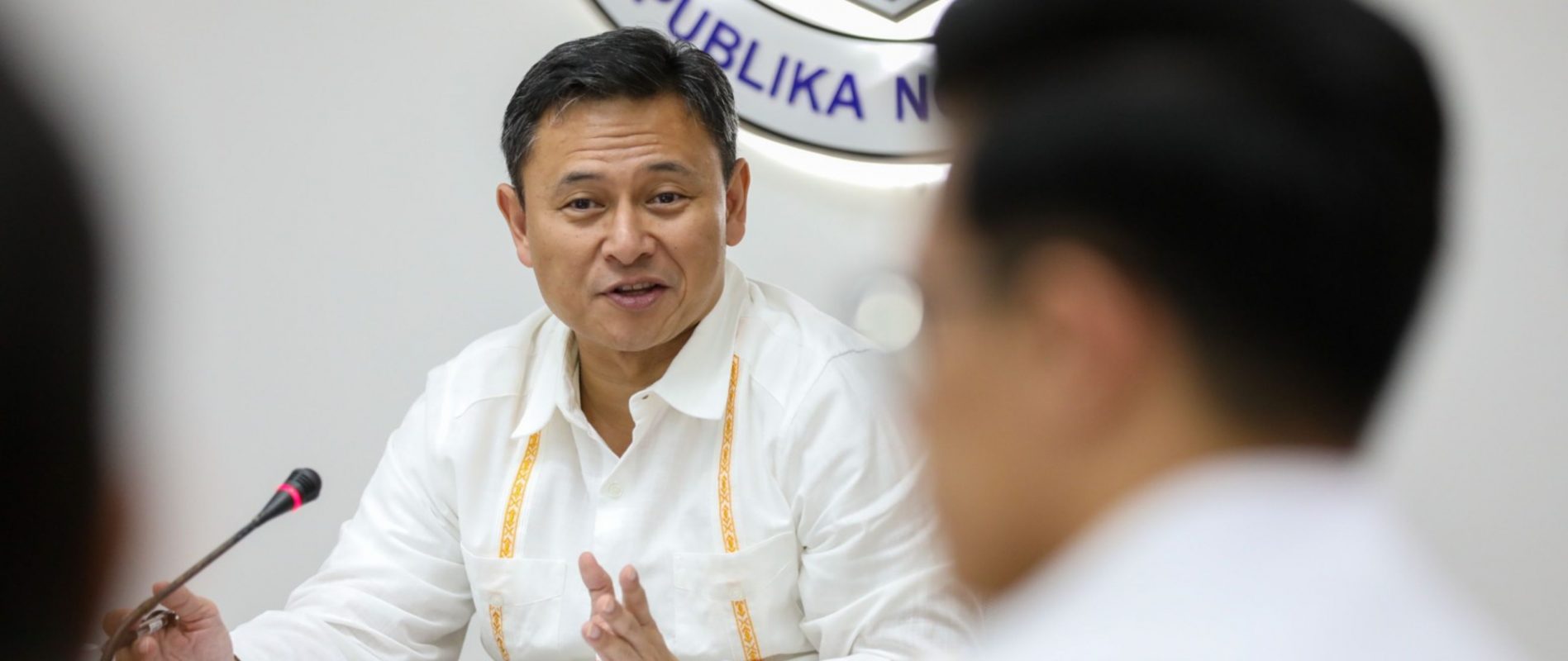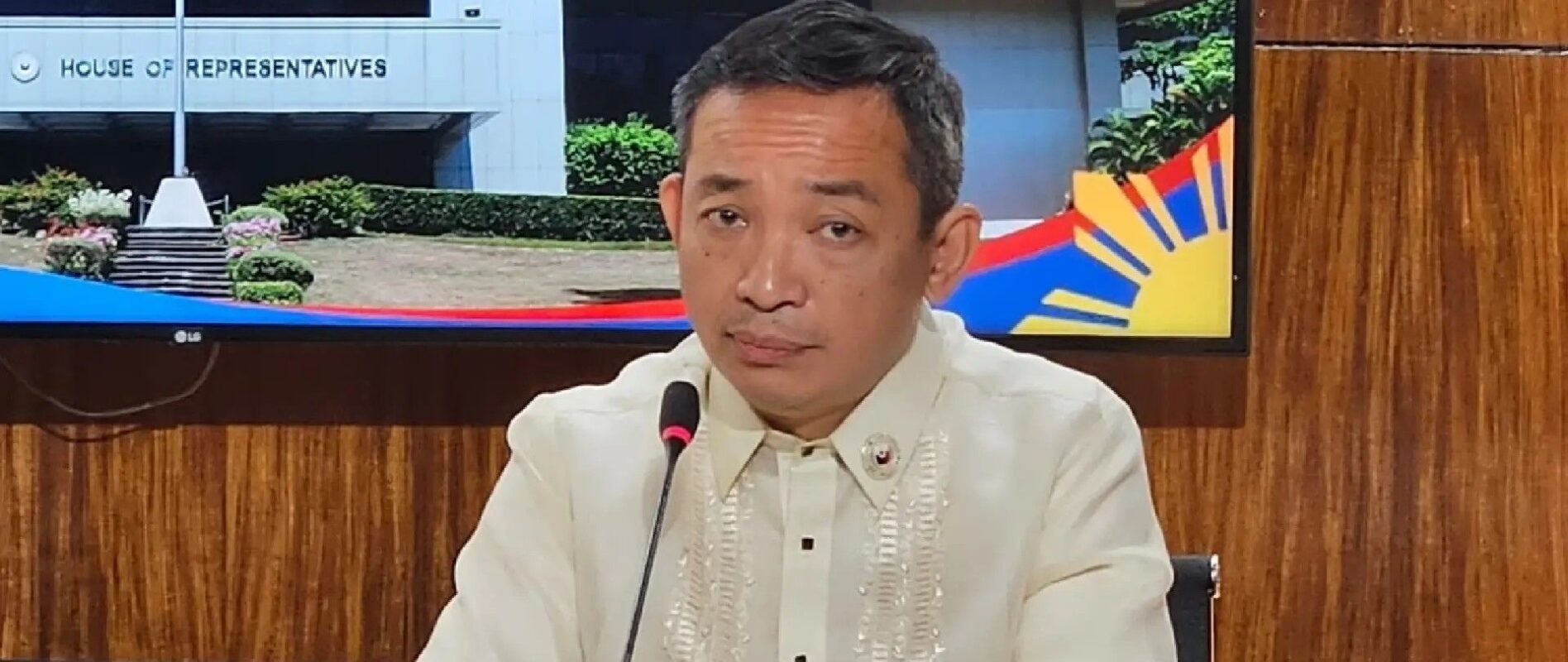CAMPUS JOURNALISM FACES THREATS OF REPRESSION
CAMPUS journalism is one of the cornerstones of free expression, providing students a platform to discuss and report issues that affect them and their community.
However, campus press is also under attack and faces the threat of repression and harassment.
This was confirmed by SINAG, the student publication of the College of Social Sciences and Philosophy of the University of the Philippines-Diliman.
“Sa pag-ensure ng press freedom sa campus journalism, hindi dapat makikialam o i-manipulate ng mga school admin ang editorial processes sa mga publication. Kasi sa totoo lang, may mga ganoong kaso sa ibang schools — pinagbabawalan maglabas ng ciritical stories. Kung ano ang gusto ng mga estudyanteng ibalita at kung paano nila gustong ibalita, sila ‘yung may responsibility doon,” Angelo Vince Marfil, SINAG features editor, said.
Marfil said that the process of publishing stories has been “very bureaucratic and with strict censorship,” sometimes disallowing students from producing articles concerning the school and national issues.
“Ang trabaho namin as campus journalists ay mag-expose ng stories hindi lang tungkol sa mga estudyante, kasama rin dapat ang istorya ng iba’t iba pang sektor. Maraming nagtatanong kung bakit ganoon ang mga beat namin sa campus publications. Kasi ‘yung role namin as campus journalists ay organizers at agitators din — dahil ang mga news ay hindi naman kalat-kalat. Ang mga news ay hindi sporadic at lagi itong maikokonekta sa conditions ng lipunan,” Marfil said.
During the pandemic, many school papers took their coverage beyond campus walls and have taken heat for reporting on communities as well.
In March 2020, Cebu Gov. Gwendolyn Garcia publicly denounced the University of San Carlos’ Today’s Carolinian for its editorial criticizing her for creating a special unit to track down netizens who slammed her Covid19 response online.
Marfil also claimed that school administrators paralyze the printing of newspapers by withholding publication funds.
“Pinakamalaking issue rin talaga na kinakaharap ng mga campus publication ngayon ay defunding. For example kami sa SINAG, wala talaga kaming nakukuhang funds. Huling
nakapag labas kami ng diyaryo ay 2010 pa. There was a time nagkaroon ng Rebel Collegian kasi nga dahil sa pakikialam ng admin sa process ng student’s editorial board. Rebel Collegian had to source its own funds para lang makapag-print,” he said.
The College Guild Editors of the Philippines on July 24, 2020 filed a complaint before the Commission on Human Rights citing alleged instances where school papers were oppressed and harassed since 2010.
CEGP said that there have been several incidents where the organization and affiliated campus papers were red-tagged, student writers were suspended or expelled, student journalists faced cyber-libel charges, among others.
“The blatant attacks on journalism should never be permitted. Now, more than ever, we are in need of responsible and transparent journalism, if we are to eradicate them at an early stage, what good would it bring us?” Regina Tolentino, CEGP deputy secretary general, said.
Protect campus press
The Commission on Human Rights has urged school administrators and the government to protect campus journalism and listen to the voices of the youth.
 CHR spokesperson Jacqueline de Guia said that ever since Republic Act 11440 or the National Campus Press Freedom Day Act was declared, campus press freedom continues to regress.
CHR spokesperson Jacqueline de Guia said that ever since Republic Act 11440 or the National Campus Press Freedom Day Act was declared, campus press freedom continues to regress.
“The reality in many key universities was in stark contrast to what the law aspires to cultivate. It was signed at a time when campus journalism and student protests were confronted with intimidation and harassment and universities were labeled as breeding and recruiting grounds for rebels and subversives,” De Guia said.
The CHR called on the government and educational institutions to make sure that campus journalism empowers the student journalists.
“Campus journalism captures the pulse of the youth on social issues and conveys the response of students to call of the times,” De Guia said.
“Press freedom on campuses cultivates future leaders that promote truth, accountability, and social good. Let us listen to the clamor of the youth as expressed in student publication and campus activities,” she added.
Fighting back
With these realities, campus journalists fought back as they call for autonomy and protection of press freedom.
The Lasallian Voices in Action of Group Publications, the student paper of De La Salle Lipa-College, said that depriving campus journalists of their rights poses implicit dangers on inherit liberties.
“With disinformation and fake news already rampant in social media, hindering journalists will only severely aggravate the current medical, economical and other socio-political issues faced by the people. We firmly condemn blatant attack on freedom of speech and of the press, especially during these crucial times amidst a global crisis. By all means, we must fight against it,” the group said.
 The Catalyst, the student paper of the Polytechnic University of the Philippines, said that attempts to stifle dissent and critical reportage is a dangerous sign.
The Catalyst, the student paper of the Polytechnic University of the Philippines, said that attempts to stifle dissent and critical reportage is a dangerous sign.
“History has repeatedly told us that whenever this instance happens, a dictatorship will emerge that will gradually eat the democracy left in us. We will not back down and we will continue to hold the line,” the Catalyst said.
On the other hand, Tinig ng Plaridel, UP College of Mass Communication’s student paper, stressed that journalism is the first line of defense against the “crumbling of democracy.”
“Media workers are needed all the more as accurate and relevant information is essential in this crucial time. With the rampant spread of misinformation amid the pandemic, it is now, more than ever, that the public needs information to prepare and shield themselves from invisible virus,” Tinig ng Plaridel said.
“With this, we stand firm with all journalists in fighting against the desperate attacks on the press. As watchdogs of society, a free press will never be silenced and will always be one with the plights of the masses,” it added.














